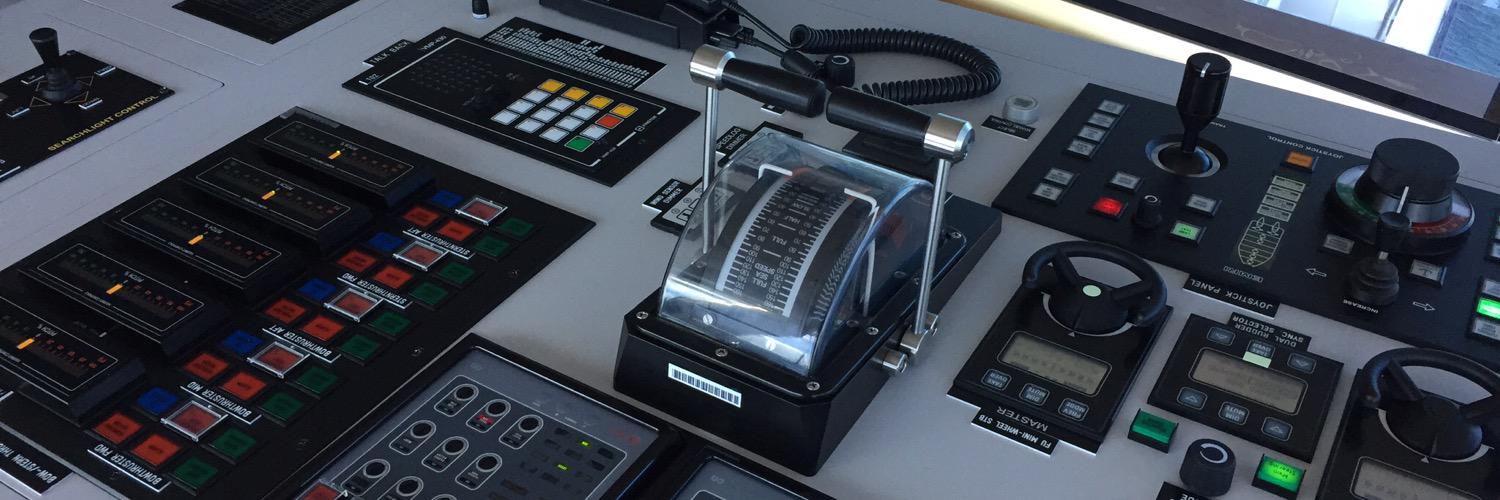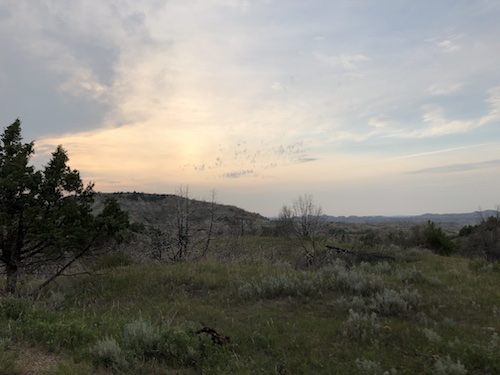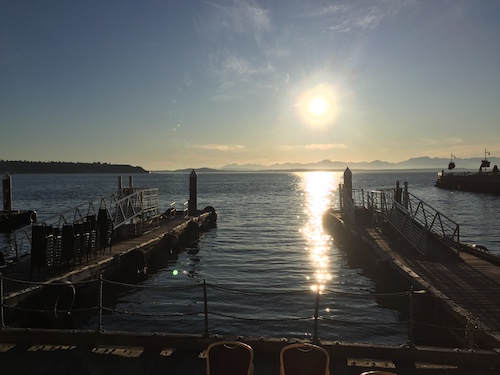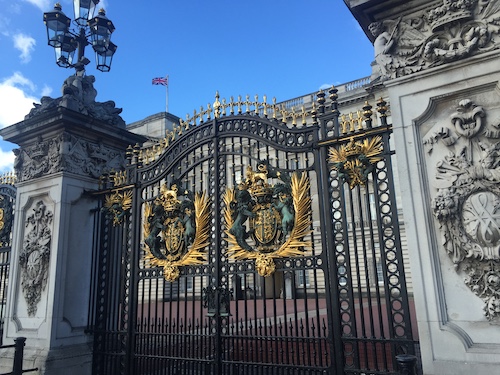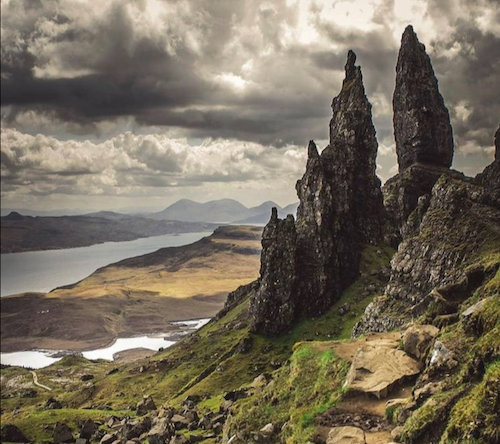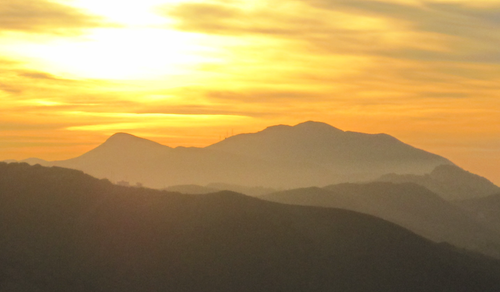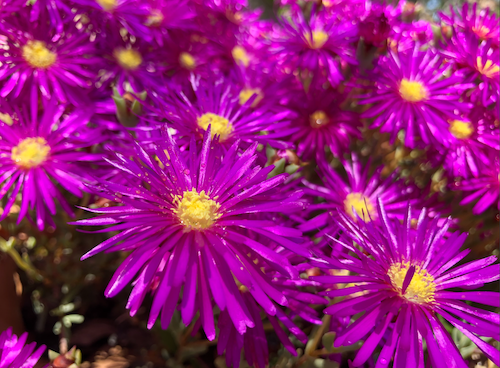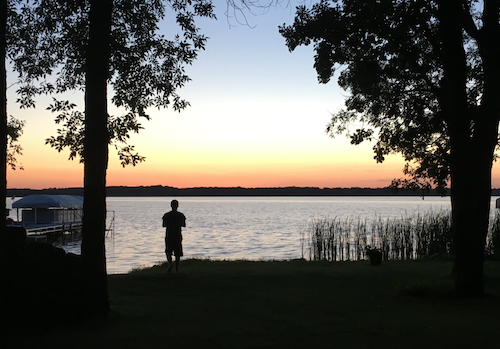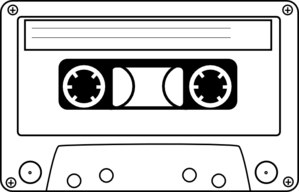“Often when you think you’re at the end of something, you’re at the beginning of something else.” – Fred Roger
We were boarding the flight to Orlando for a week packed full of meetings. The plane was mostly empty. Speculation and warnings about the new SARS-CoV-2 virus were just starting to hit the news and guidance had been given to wash hands and sanitize everything. Scientist were still studying how long it could survive on surfaces. My wife sent me a video on how to “sanitize your seat” on the airplane. All of us on the trip discussed and shared wipes and sanitizers. Little did we know that the Coronavirus variant would transmit primarily through the air, so masks were not yet a priority or recommendation.
Walt Disney World was full of guests when we arrived, but there was an eerie feeling that something was about to change. By the end of the week, Disney leadership announced the closure of the Parks and Stores.
“In an abundance of caution and in the best interest of our guests and employees, we are proceeding with the closure of our theme parks…”
Guests were urged to stay in their rooms. We all worked from the hotel room on Friday, watching the news break and seeing the stock market plunge into free-fall territory. In just a few days, California would be the first state to announce stay-at-home orders and shortly after, other states would follow. Public venues, theaters and sporting events began reporting cancelations or closures.
Returning home on that flight was somber and surreal. Everyone kept distance, not knowing how much interaction would be acceptable or safe. It was clear that things were going to change dramatically. Guidance to wear masks and temporary “Safe at Home” remote work direction came. Little did we know that these temporary measures would still be in place a year later.
In some ways, it feels like just yesterday that we were on that flight and in other ways, a decade ago. We have all been through a lot this past year. So many changes and challenges. Over this past year, some of us experienced tragic loss, sadness, frustration, and loneliness. At times, we may have felt depressed and overwhelmed. The dark clouds of the pandemic seemed to cover the sky, blocking out all the rays of optimism.
Yet in the midst of this crisis, there were glimmers of hope. I saw heroic efforts from our team to help each other, showing kindness, compassion and concern for each other. I saw us step up to the challenge and help our company move forward with efforts to improve security, reduce costs and support our businesses. We saw the explosive growth of our streaming platforms with hits like The Mandalorian and WandaVision, the release of Raya and The Last Dragon, Mulan and Soul, Ecommerce shopping records, the NBA Bubble and the invigorated determination of our company to help combat social injustice. All of that proved that we can survive and thrive even during difficult times, even remote.
On a personal note, we learned how to balance home life, child care, school and work projects, sometimes colliding together on calls as we figured out and embraced the new normal. We might have picked up a few new hobbies, completed some much-needed maintenance work, taught ourselves some new technology or learned a new language. OK, maybe some of that was more of a directional goal than an accomplishment. ?
The good news is that there is a light ahead. Scientists and researchers discovered not one, but many effective vaccines that are now being rolled out. Infection and mortality rates have declined. More things are opening up. We are all looking forward to being able to go out freely in public again, to be able to enjoy a dinner out, a movie, a concert or a day at Disneyland. It seems more possible with each day and it seems confidence grows as the days grow longer.
As we mark this one-year anniversary, I challenge you all to hope. Appreciate all that has been endured and must still be healed, but celebrate the discoveries you have learned and the accomplishments we have reached. The rest of our life begins today. Give it a warm hug and let it thrive. We can do this! We have just begun…
Stay well,
Jason
